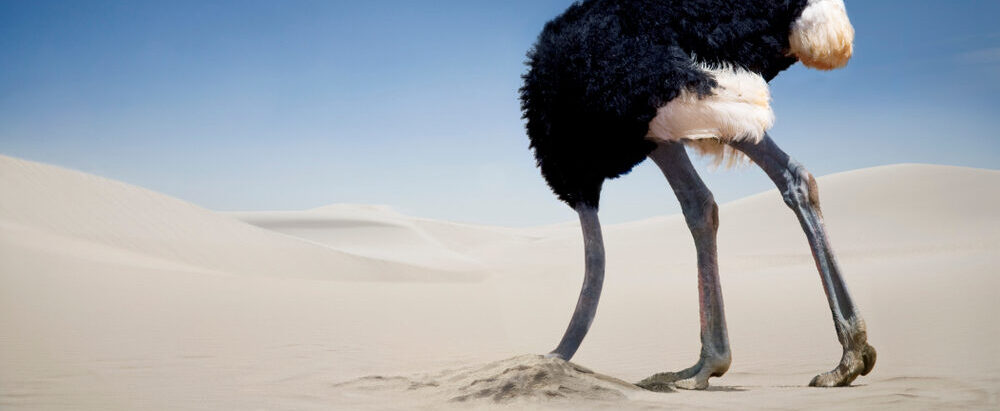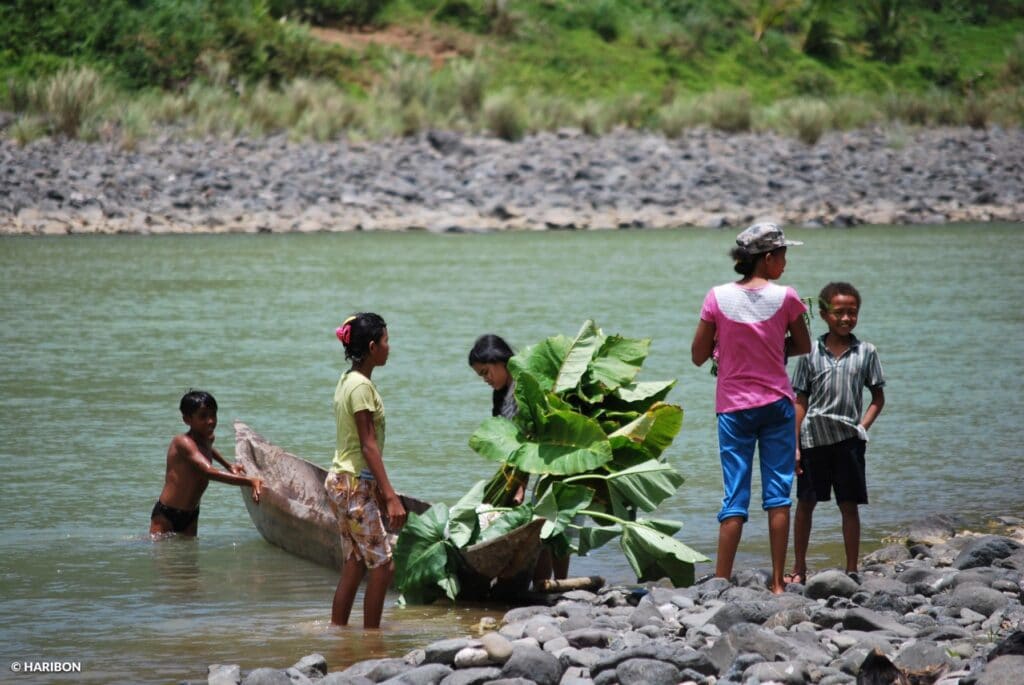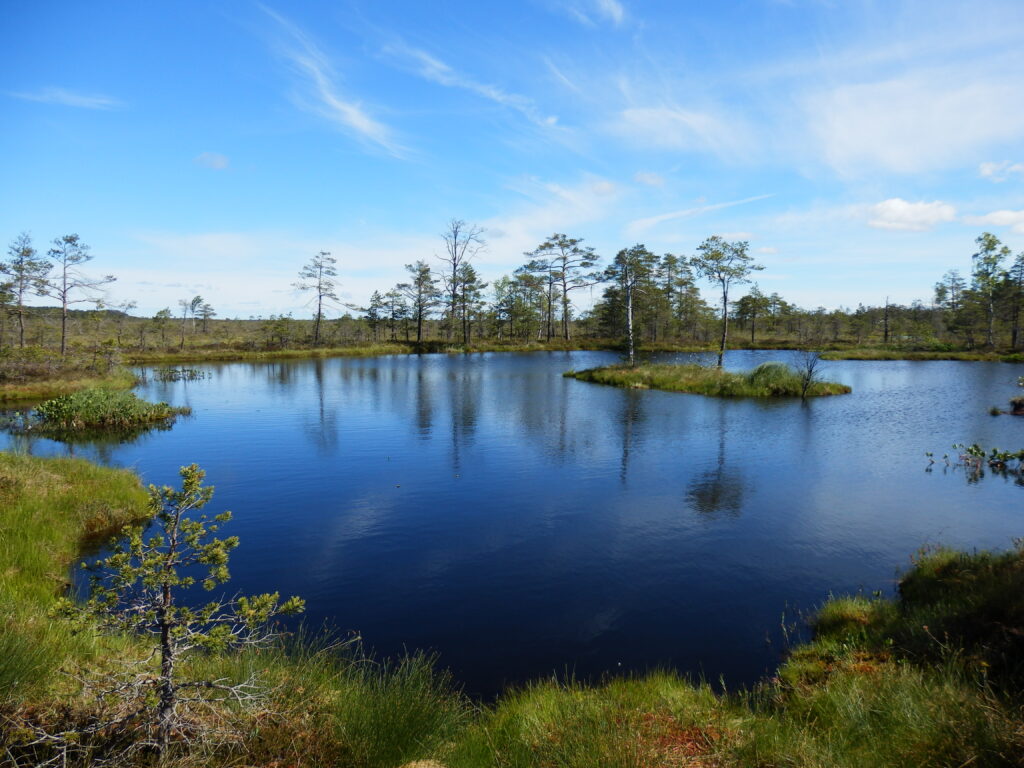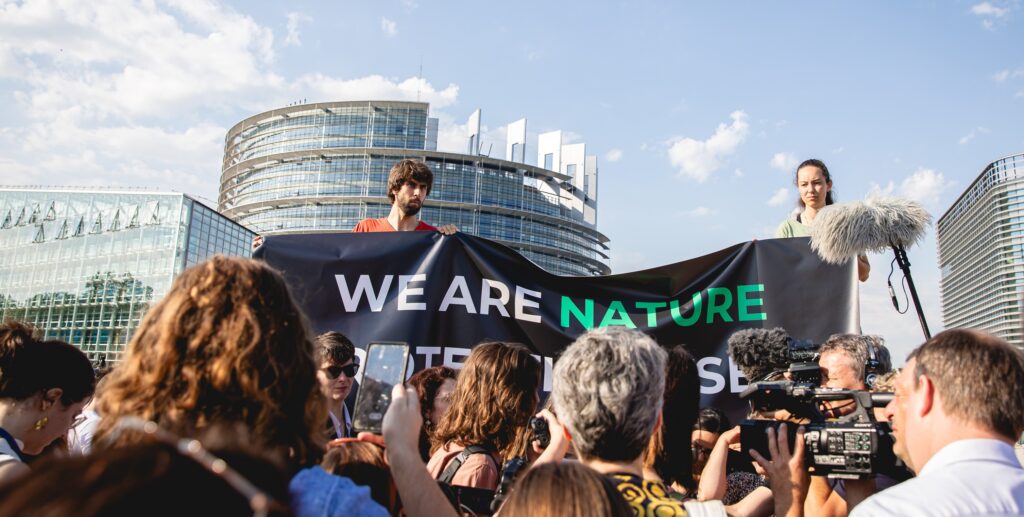Our leaders have their heads in the sand. What will make the difference at COP28?

92% of global carbon emissions were caused by the Global North. World leaders have so far failed to keep their promises to provide funding for countries affected in the Global South. Is there a solution?
By Sarah Brady, Head of Communications
As Albert Einstein famously said, “Insanity is doing the same thing over and over and expecting different results.” We say- a very warm welcome to the world of modern climate politics.
Here is the challenge: As a result of overwhelming consumption of fossil fuels and depletion of natural resources, 92% of global carbon emissions were caused by the Global North. Whilst those countries have historically thrived, those in the Global South have been exploited and will suffer the consequences of the climate crisis through no fault of their own. It’s the same story of world leaders agreeing in principle but not actually providing the resources they agreed (yes, they already agreed to providing $100bn per year by 2020!) to address this gap in practice. Leaders of developing countries have staged walk outs, delivered pithy, hard-hitting speeches, invited members of their communities to speak on behalf of their country, but to no avail. Further discussions are continuing at COP28 but actual implementation of this fund is yet to happen.
So far, so depressing. The question is should we keep trying, repeating the same insane cycle again and again or is there anything that can actually be done to make a difference?
Header Image: ©Shutterstock/Altrendo Images

Well, the bad news is that one of the best ways we have to bring leaders together to address the issue is the climate COPs. The good news is that we have a mind-bogglingly simple solution and it has a roughly 4.543-billion-year track record. It is of course, our beloved natural world.
You may be thinking here we go again, the nature conservation charity wants to talk about how nature is the solution to every problem on earth. But hear us out on this one. You might have come across the word ‘nature-based solutions’? All this means is that nature i.e trees, wetlands, grasslands, peatlands and oceans, has the ability to absorb carbon and reduce the impacts of climate change. A good proportion of the carbon we have spent around 100 years pumping out into the atmosphere can be sucked right back in. All we have to do is protect the trees, wetlands, oceans and other carbon absorbing nature we have left and invest in planting and creating more of these habitats. But for this to work, we have to do it now. If ecosystems pass their functioning tipping point, all those amazing benefits won’t exist.
This is not only good for nature but also benefits people too! For communities which rely on the ecosystem services of nature such as storm barriers, pollination of crops, access to clean air, water and food, it is paramount these habitats exist to enable them to adapt to, and mitigate the impact of the crisis.
And to top it all off we are actually doing something about it! Radical, we know. BirdLife’s East Asian Australasian Flyway initiative will protect 50 key wetlands sites which not only benefit the migrating birds, but over 200 million people who rely on these places for their livelihoods. This has been swiftly followed by the Americas Flyway Initiative, protecting nature in 35 key sites along the flyways (routes for migrating birds) across North and South America.

So, let’s just summarise our situation here. Through no fault of their own, many countries in the Global South are suffering the consequences of fossil fuel consumption in the Global North. World leaders agree that is unfair and they should compensate, but also secretly hope they don’t have to do anything about it. We have a super simple, easy and accessible solution that already exists and will save nature, the climate and all the people who depend on it.
Like much of climate science, the answer is painstakingly obvious. Like also much of climate science for some reason there is a lot of opposition to saving people and the planet. So onwards we march into the next COP28, fighting for every single word on that agreement that will bring us all closer to putting nature at the heart of climate action and the system changes the world desperately needs.
This is our rallying call to you. We need and we must build momentum to combat the climate and biodiversity crisis and we need to do it together. Our leaders have their heads in the sand. It’s up to us to make the difference now.
